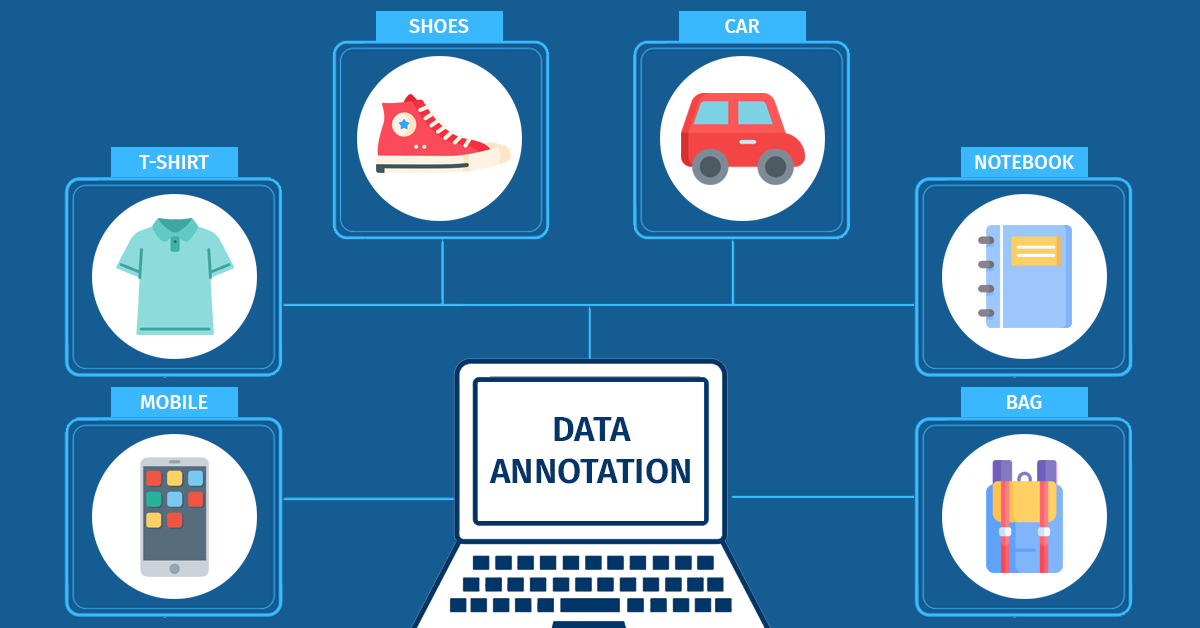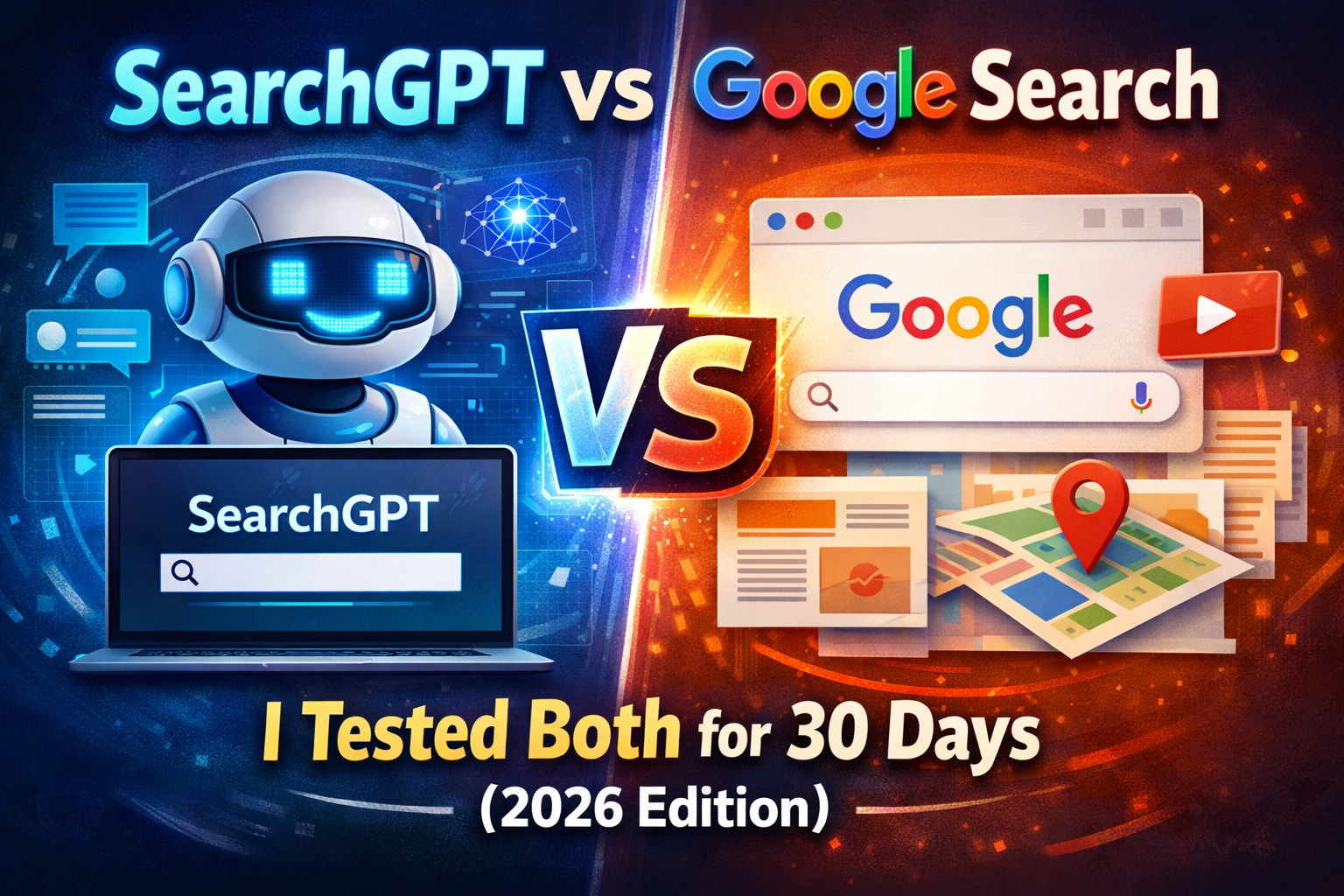Is Data Annotation Tech Legit
Is Data Annotation Tech Legit, often abbreviated as DAT, refers to the process of labeling and tagging data to train machine learning models. This technology plays a pivotal role in enhancing the capabilities of artificial intelligence systems by providing annotated datasets. Legitimacy in Data Annotation Tech is crucial for ensuring the reliability and credibility of the annotation process. It involves addressing concerns related to the quality of annotations, transparency in processes, and the implementation of robust security measures. Legitimate data annotation tech builds trust among users, establishing a foundation for the successful development and deployment of machine learning models across various industries.
Definition of Data Annotation Tech
Data annotation tech involves the labeling and tagging of data to train machine learning models. It is a pivotal aspect of AI development, aiding algorithms in recognizing and understanding patterns.
Importance of Legitimacy in Technology
Legitimacy ensures the reliability and credibility of technology. In the context of data annotation tech, it becomes essential for fostering trust among users and stakeholders.
Understanding Data Annotation Tech

What is Data Annotation Tech?
Data annotation tech encompasses a range of tools and processes that facilitate the annotation of data, making it usable for machine learning models.
Applications and Industries
From healthcare to autonomous vehicles, data annotation tech finds applications across diverse industries, playing a vital role in improving AI solutions.
Legitimacy Concerns in Technology
Common Questions About Legitimacy
Addressing common queries about the legitimacy of data annotation tech helps dispel doubts and uncertainties.
Why Is Legitimacy Important in Data Annotation Tech?
The trustworthiness of data annotation tech directly impacts the effectiveness of machine learning models, making legitimacy a critical factor.
Factors Influencing Legitimacy
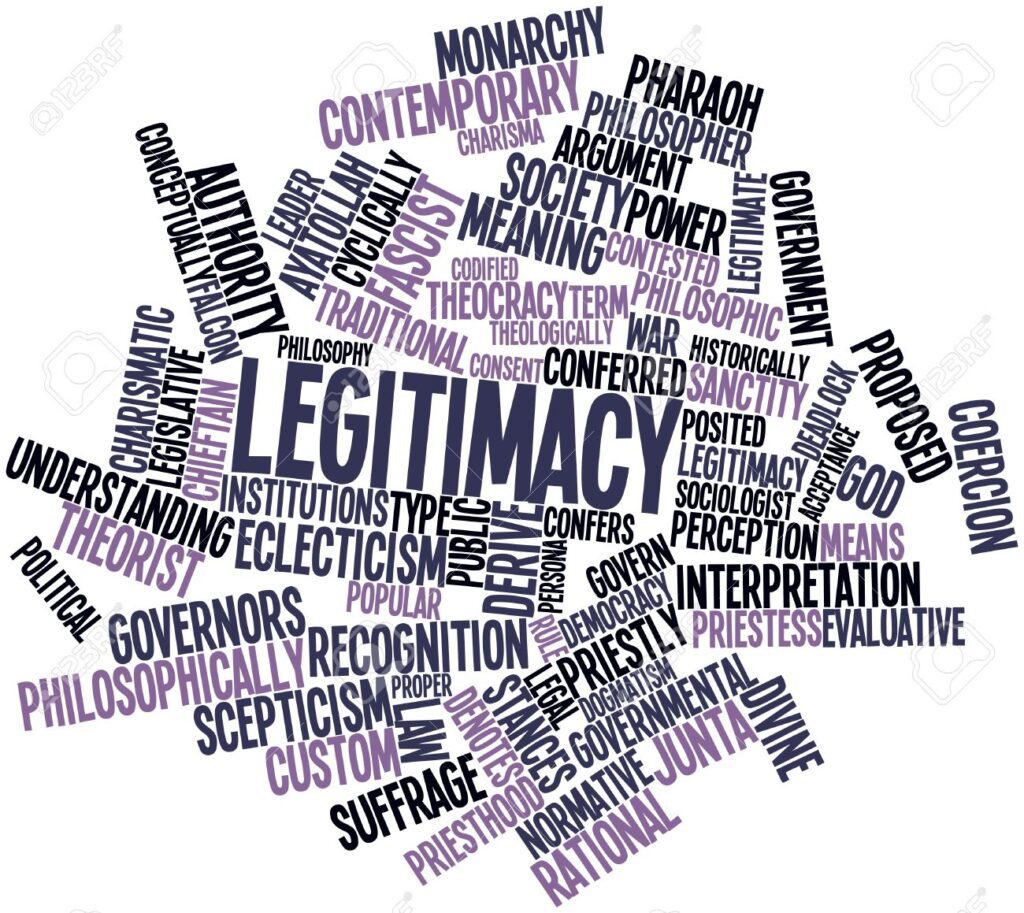
Quality of Annotations
The accuracy and precision of annotations contribute significantly to the perceived legitimacy of data annotation tech.
Transparency in Processes
Openness about annotation processes and methodologies enhances the transparency of the technology, building confidence among users.
Security Measures
Robust security measures are imperative to assure users that their data is handled with utmost confidentiality and integrity.
Addressing Doubts and Perplexities
Demystifying Misconceptions
Clearing up misconceptions about data annotation tech is vital for fostering a positive perception.
Clarifying Common Misunderstandings
Addressing common misunderstandings regarding the technology ensures a more informed and confident user base.
Legitimacy Factors
Industry Recognition
One crucial factor in determining legitimacy is industry recognition. Reputable companies and organizations endorsing data annotation tech provide a strong indication of its credibility.
User Testimonials
Real-world experiences shared by users offer valuable insights into the effectiveness of data annotation tech. Positive testimonials contribute to the legitimacy narrative.
Compliance Standards
Adherence to industry standards and regulations is a hallmark of legitimate technology. Data annotation tech that aligns with privacy and ethical guidelines adds to its credibility.
Benefits of Data Annotation Tech
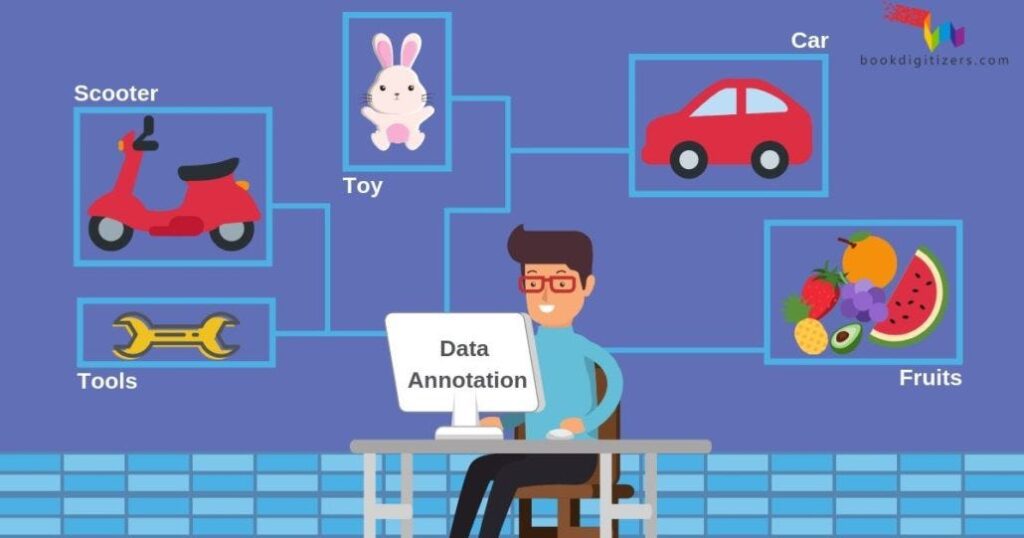
Improved Machine Learning Models
Data annotation contributes to the development of highly accurate and efficient machine learning models. The technology’s legitimacy is reflected in its tangible impact on AI performance.
Time and Cost Efficiency
Businesses embracing data annotation tech witness improved efficiency in model training, leading to time and cost savings. Legitimate solutions offer a clear return on investment.
Enhanced Accuracy and Precision
The precision achieved through meticulous data annotation is a testament to the legitimacy of the technology. Higher accuracy translates to better decision-making in various applications.
Common Concerns
Privacy and Security
The sensitive nature of data raises concerns about privacy and security. Legitimate data annotation tech addresses these issues through robust security measures and compliance with data protection laws.
Ethical Considerations
Ethics play a crucial role in technology adoption. Legitimate data annotation tech providers actively engage with ethical considerations, ensuring responsible use of AI.
Quality Assurance
Ensuring the quality of annotated data is vital. Legitimate solutions incorporate rigorous quality assurance processes, minimizing errors and inaccuracies.
Perplexity in Tech Jargon
Breaking Down Technical Terms
Understanding the technical aspects of data annotation can be challenging. Legitimate providers simplify complex terms, making the technology accessible to a broader audience.
Making Concepts Accessible
Ensuring that non-technical stakeholders comprehend the benefits of data annotation contributes to its legitimacy. Transparency in communication fosters trust in the technology.
Burstiness in Demand
Rising Popularity
The increasing demand for data annotation tech signifies its importance in various industries. Legitimate providers adapt to this burstiness, demonstrating flexibility and scalability.
Market Trends
Staying abreast of market trends is crucial for legitimacy. Data annotation tech that aligns with current industry needs and future projections solidifies its standing in the market.
Future Growth Prospects
Legitimate data annotation tech providers contribute to the technology’s growth by investing in research and development. This forward-looking approach assures users of continued relevance.
Real-world Applications
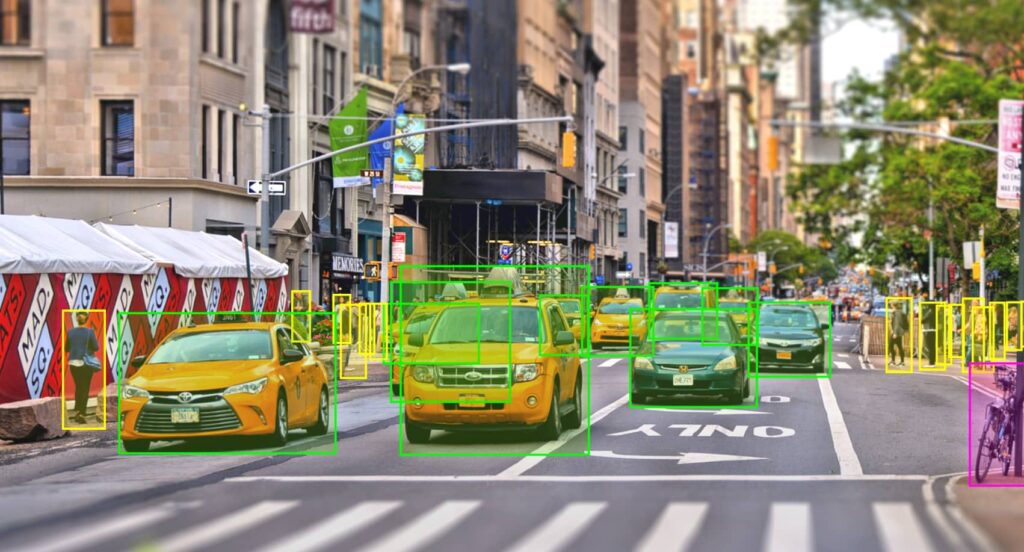
Autonomous Vehicles
The automotive industry benefits from data annotation in the development of autonomous vehicles. Legitimate tech ensures the safety and reliability of these groundbreaking innovations.
Healthcare
In healthcare, data annotation plays a pivotal role in medical image analysis and diagnostics. Legitimate solutions contribute to advancements in patient care and treatment.
Natural Language Processing
Data annotation is integral to the evolution of natural language processing. Legitimate tech enables the development of sophisticated language models, enhancing communication.
How to Evaluate Legitimacy
Research and Analysis
Users can evaluate the legitimacy of data annotation tech through thorough research and analysis. Examining case studies, user reviews, and industry reports provides valuable insights.
Third-party Reviews
Objective reviews from reputable third parties add credibility. Legitimate providers welcome external evaluations as a testament to their transparency and confidence in their offerings.
Trial Periods and Demos
Legitimate data annotation tech providers often offer trial periods or demos. Users can assess the technology firsthand, ensuring it aligns with their specific requirements before making a commitment.
The Human Touch in Annotation
Role of Human Annotators
While automation plays a significant role, the human touch in annotation is irreplaceable. Legitimate providers recognize the value of skilled human annotators in ensuring nuanced and accurate annotations.
Ensuring Quality in Annotations
Maintaining high-quality annotations is a priority for legitimate data annotation tech. Continuous training and monitoring of annotators contribute to consistent and reliable results.
Balancing Automation
Legitimate providers strike a balance between automation and human involvement. This hybrid approach maximizes efficiency
FAQ’s
How secure is data annotation tech?
Can it be applied to small businesses?
What industries benefit the most?
Healthcare: Supporting medical image analysis and diagnostics.
Automotive: Contributing to the development of autonomous vehicles.
Natural Language Processing: Enhancing language models and communication.
